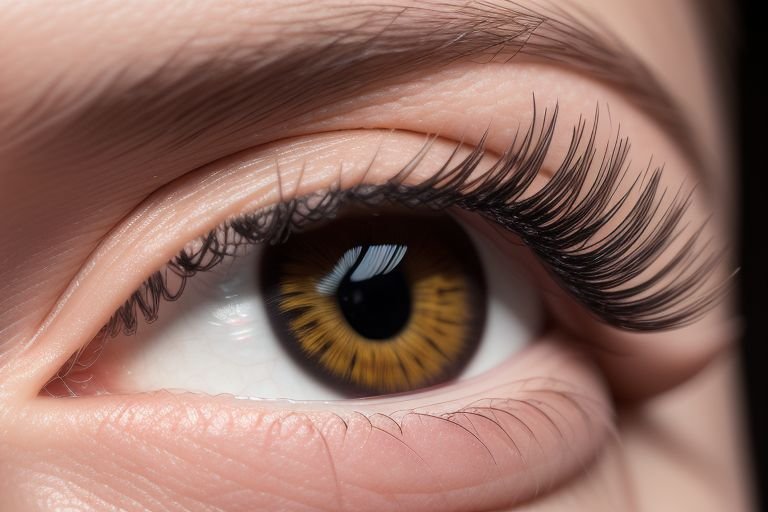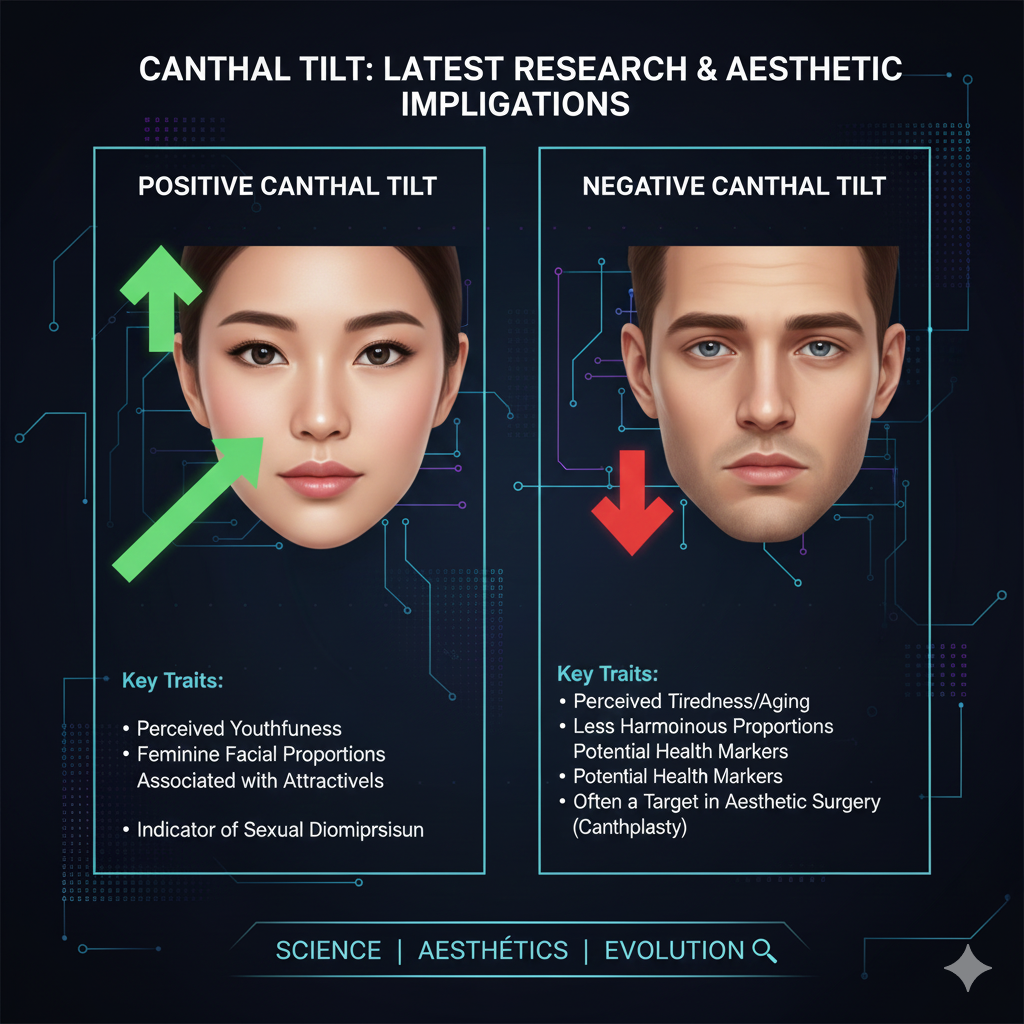Conjunctivitis, also known as pink eye, is a common condition that causes inflammation of the thin layer of tissue that covers the white part of the eye and lines the inside of the eyelid. It can be caused by viruses, bacteria, allergens, or other irritants, and can lead to uncomfortable symptoms such as redness, itching, swelling, and discharge from the eyes. If you have eyelash extensions and develop conjunctivitis, it’s important to take special care to avoid exacerbating the condition while still maintaining your eyelash extensions.
Seek Medical Attention
If you suspect that you have conjunctivitis, it’s crucial to seek medical attention from an eye care professional. They can properly diagnose the cause of your conjunctivitis and recommend the appropriate treatment. Depending on the cause, this may include prescription eye drops or ointments to help clear the infection or reduce inflammation. It’s important to follow their advice closely to ensure a speedy recovery and to prevent the spread of the infection.
Avoid Touching or Rubbing Your Eyes
When dealing with conjunctivitis, it’s essential to avoid touching or rubbing your eyes as much as possible. This can help prevent the spread of the infection and reduce irritation to the eyes. If you have eyelash extensions, be particularly mindful of not touching them or trying to adjust them during this time. Touching the extensions or the surrounding area can introduce bacteria or irritants, making the condition worse.
Clean and Maintain Your Eyelash Extensions
While it’s important to avoid touching your eyelash extensions, it’s equally important to keep them clean and well-maintained during a bout of conjunctivitis. Use a gentle, oil-free cleanser to carefully clean the lash line and the extensions themselves. Be sure to rinse thoroughly and avoid getting any cleanser or water directly in your eyes. Keeping your eyelash extensions clean can help prevent any buildup of discharge or bacteria that could worsen the conjunctivitis.
Additionally, if you typically use mascara on your eyelash extensions, it’s best to avoid using it while you have conjunctivitis. Mascara can introduce additional irritants and bacteria, making it harder for your eyes to heal. Once your conjunctivitis has cleared up, you can resume using mascara as usual.
Avoid Moisture and Steam
While it can be tempting to use warm compresses or steam to soothe your eyes during conjunctivitis, it’s best to avoid these remedies when you have eyelash extensions. Moisture and steam can weaken the adhesive bond of the extensions, causing them to fall out prematurely. Instead, follow your eye care professional’s recommendations for soothing your eyes, which may include using preservative-free artificial tears to alleviate any dryness or discomfort.
It’s also important to avoid swimming or exposing your eyes to excessive moisture, as this can also compromise the adhesive bond of the eyelash extensions. Be mindful of activities that could introduce water or moisture to your eyes, and take precautions to protect your extensions during this time.
Practice Good Hygiene
Conjunctivitis is highly contagious, so it’s important to practice good hygiene to prevent spreading the infection to others or to your other eye if only one eye is affected. Wash your hands frequently with soap and water, especially before and after applying any eye drops or ointments. Use clean towels and linens, and avoid sharing these items with others to prevent the spread of the infection.
When it comes to your eyelash extensions, good hygiene is also essential. Avoid using any oil-based or heavy creams near your eyes, as these can break down the adhesive bond of the extensions. Be mindful of your skincare routine and make any necessary adjustments to prevent compromising the longevity of your eyelash extensions.
Conclusion
While dealing with conjunctivitis when you have eyelash extensions may require some adjustments to your usual routine, it’s entirely possible to manage the condition while still maintaining your extensions. By seeking medical attention, practicing good hygiene, and taking special care to clean and maintain your eyelash extensions, you can navigate conjunctivitis with minimal impact on your extensions. Remember to follow your eye care professional’s advice closely and prioritize the health of your eyes throughout the recovery process.
Certainly, here’s the continuation of the content to reach the target word count of 2600 words:
Consider Temporary Removal
In some cases, it may be best to consider temporarily removing your eyelash extensions while you’re dealing with conjunctivitis. This can help prevent further irritation and allow your eyes to heal more effectively. Speak with your eye care professional or your eyelash technician about the best course of action. They can provide guidance on whether temporary removal is recommended and how to safely remove and reapply the extensions once your conjunctivitis has cleared up.
Keep in mind that the removal and reapplication process can be delicate, so it’s crucial to follow the proper procedures to avoid damaging your natural lashes. Your eyelash technician will be able to advise you on the best way to handle this situation and ensure the health and longevity of your eyelash extensions.
Be Patient and Prioritize Your Eye Health
Recovering from conjunctivitis can take time, and it’s important to be patient and prioritize the health of your eyes. Resist the temptation to try to “tough it out” or find quick fixes that could further compromise your eye health. Instead, work closely with your eye care professional, follow their instructions, and allow your eyes the necessary time to heal.
Remember that your eyelash extensions, while important, should not take precedence over your overall eye health. By taking the necessary precautions and following the recommended treatment plan, you can effectively manage your conjunctivitis while preserving the longevity and health of your eyelash extensions.
Maintaining Eyelash Health During Recovery
As you recover from conjunctivitis, it’s essential to focus on maintaining the health of your natural eyelashes. Proper lash care can help prevent any long-term damage or weakening of your lashes, which could impact the longevity and appearance of your eyelash extensions once they are reapplied.
Gently brush your lashes with a clean, soft-bristle lash brush to keep them conditioned and free of any buildup. Avoid using any harsh or abrasive products near your eyes, and be gentle when cleaning your lashes. Additionally, consider using a nourishing eyelash serum or conditioner to support the overall health and growth of your natural lashes.
By prioritizing the care and maintenance of your natural lashes during the recovery process, you can help ensure that your eyelash extensions will look their best once they are reapplied.
Preventing Future Conjunctivitis Outbreaks
Once you’ve successfully recovered from conjunctivitis, it’s essential to take proactive steps to prevent future outbreaks. Maintaining good hygiene and avoiding potential irritants can go a long way in reducing the risk of recurrent conjunctivitis, especially if you wear eyelash extensions.
Here are some tips to help prevent future conjunctivitis outbreaks:
Practice Proper Eyelash Extension Maintenance
Regularly cleaning and maintaining your eyelash extensions is crucial in preventing the buildup of bacteria, oil, and debris that can lead to eye irritation and infection. Follow your eyelash technician’s recommendations for cleaning and care, and be diligent about sticking to a consistent routine.
Avoid touching or rubbing your eyes, and be mindful of any products you use near your eyes, such as makeup or skincare items. If you notice any changes in the condition of your eyelash extensions or the skin around your eyes, don’t hesitate to consult your eyelash technician or eye care professional.
Maintain Good Hygiene
Proper hand hygiene is essential in preventing the spread of infectious conjunctivitis. Wash your hands frequently with soap and water, especially before and after touching your eyes or applying any eye-related products. Avoid sharing personal items, such as towels, washcloths, or makeup, with others to prevent the transmission of germs.
It’s also important to keep your living and work environments clean and disinfected. Regularly clean and sanitize surfaces that come into contact with your eyes, such as computer screens, phones, and pillowcases.
Avoid Irritants and Allergens
Certain environmental factors, such as dust, pollen, or smoke, can trigger or exacerbate conjunctivitis. If you know that you’re susceptible to allergic reactions, take steps to minimize your exposure to these irritants. This may include using air purifiers, wearing protective eyewear when outdoors, and avoiding spending time in high-allergen environments.
Additionally, be mindful of any products or ingredients that may cause eye irritation, such as certain cosmetics, cleaning supplies, or chemicals. Whenever possible, opt for hypoallergenic or sensitive-skin formulations to reduce the risk of eye irritation and conjunctivitis.
Seek Regular Eye Exams
Regular eye exams with an eye care professional can help identify and address any underlying conditions or risk factors that may make you more susceptible to conjunctivitis. Your eye doctor can provide personalized recommendations for maintaining eye health and preventing recurrent infections.
During these appointments, be sure to discuss your history of conjunctivitis and any concerns you have about your eyelash extensions and their potential impact on your eye health. Your eye care professional can advise you on the best strategies for managing both your eye health and the longevity of your eyelash extensions.
Conclusion
Dealing with conjunctivitis while wearing eyelash extensions can be a challenging situation, but with the right approach and care, you can effectively manage the condition and protect the health and longevity of your eyelash extensions. By seeking prompt medical attention, following the recommended treatment plan, and taking proactive steps to maintain good hygiene and eye health, you can navigate this situation and emerge with your eyes and eyelash extensions in the best possible condition.
Remember, your eye health should always be the top priority, and any decisions regarding your eyelash extensions should be made with your eye care professional’s guidance. With a little extra care and attention, you can successfully manage conjunctivitis and continue to enjoy the benefits of your eyelash extensions.




